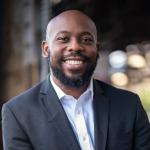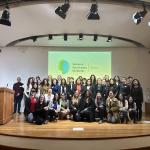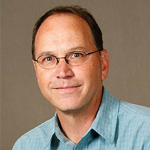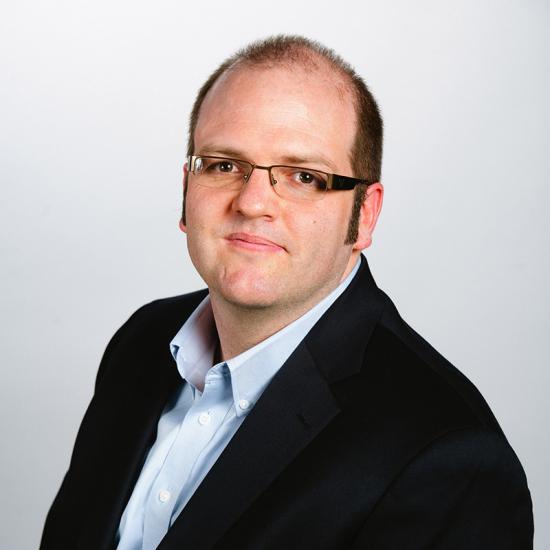A Walk Through the Work of a Policy Technologist
This talk is a guest lecture for the course Info 205. Information Law and Policy; all are welcome.
I am a policy technologist: a person trained technically who applies those skills to affect law and policy. In this talk, I will explore the work of a policy technologist and cover a number of emerging themes that may be useful to you in your own work, or in thinking about possible career paths. First, I’ll make the case that in a world of Moore’s and Metcalfe’s laws, sound technical input is increasingly necessary for making good policy; I’ll cover the ongoing Crypto Wars (CALEA II), privacy in mobile devices against law enforcement (Riley v. California), and efforts to technically ground the often confused net neutrality debate (BITAG). Second, it is also increasingly important that human rights and public interest values be embedded in technology and infrastructure; I’ll cover ongoing work at the IETF and W3C that aims to do this.
Finally, there are a number of efforts by technologists working across diverse communities or within relatively entrenched cultures to affect important change; here, I’ll cover the HTTPS-only work in U.S. federal government — almost all .gov domains will be strict HTTPS by the end of 2016 — and U.S. civil society’s response to the potentially chilling Wassenaarexport control rules, which would have grave consequences for common privacy and security tools as well as discussing potential security vulnerabilities.
Joseph Lorenzo Hall is the chief technologist and director of the internet architecture project at the Center for Democracy & Technology, a Washington, D.C.-based non-profit advocacy organization dedicated to ensuring the internet remains open, innovative and free.
Hall’s work focuses on the intersection of technology, law, and policy, working to ensure that technical considerations are appropriately embedded into legal and policy instruments. Supporting work across all of CDT’s programmatic areas, Hall provides substantive technical expertise to CDT’s programs, and interfaces externally with CDT supporters, stakeholders, academics, and technologists. Hall leads CDT’s internet architecture project, which focuses on embedding human rights values into core internet standards and infrastructure, engaging technologists in policy work, and producing accessible technical material for policymakers.
Prior to joining CDT in 2012, Hall was a postdoctoral research fellow with Helen Nissenbaum at New York University, Ed Felten at Princeton University and Deirdre Mulligan at University of California, Berkeley. Hall received his Ph.D. in information systems from the UC Berkeley School of Information in 2008. His Ph.D. thesis used electronic voting as a critical case study in digital government transparency. In his postdoctoral work, he developed techniques to increase the efficiency and usability of accountability mechanisms in electronic elections. Hall holds master’s degrees in astrophysics and information systems from UC Berkeley and was a founding member of the National Science Foundation’s ACCURATE Center (A Center for Correct, Usable, Reliable, Auditable and Transparent Elections). He has served as an expert on independent teams invited by the States of California, Ohio and Maryland to analyze legal, privacy, security, usability and economic aspects of voting systems. Hall is the Vice-Chairman of the Board of Directors of the California Voter Foundation, a member of the Board of Directors of the Verified Voting Foundation and a member of the Federal Communications Commission’s Computer Security, Reliability, and Interoperability Council (CSRIC) IV. In 2012, Hall received the John Gideon Memorial Award from the Election Verification Network for contributions to election verification.










